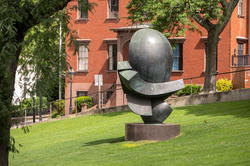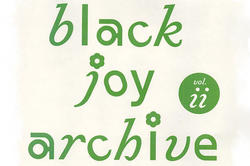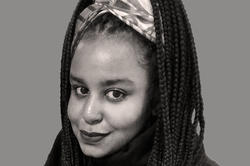RISD welcomes 13 new full-time faculty members, including a second cohort of Race in Art & Design hires.
Jazz, Gender and Social Justice

As a research fellow in RISD’s Center for Social Equity & Inclusion (SEI), scholar and author Nichole Rustin is able to marry her love of teaching with her explorations of African American cultural histories, gender studies and law. “Before coming to RISD as a term appointment in 2019, I didn’t realize that there was such a strong liberal arts component in the curriculum,” she says. “As someone who’s interested in all kinds of expressive art forms, I’m really excited to be in a place where so many of those things are happening.”
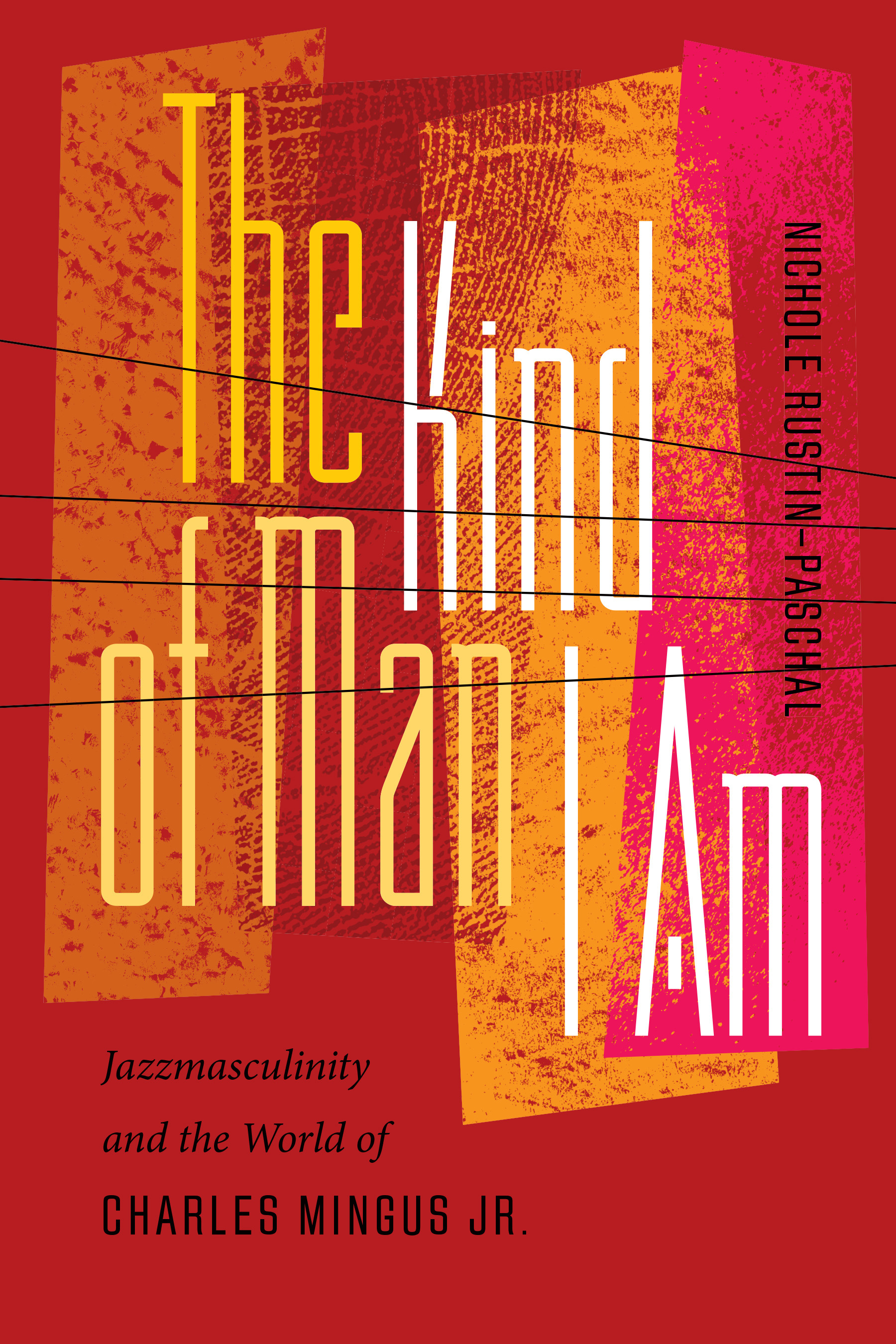
Rustin is currently teaching a seminar called Rhapsodies in Black that examines how race, ethnicity and gender shape our understanding of sound as a technological construct, cultural form and political tool. “It’s an introduction to sound studies that looks at how scholars from different disciplines—ethnomusicologists, anthropologists, etc.—have approached sound, and how it can help us talk about race, gender, class and other systems,” she explains.
Last year Rustin taught a required History, Philosophy and the Social Sciences course focused on developing students’ critical thinking, reading and writing skills. Although students were required to write papers, the final project Rustin assigned asked them to develop a podcast that communicated the content they’d learned in a more creative, less conventional way.
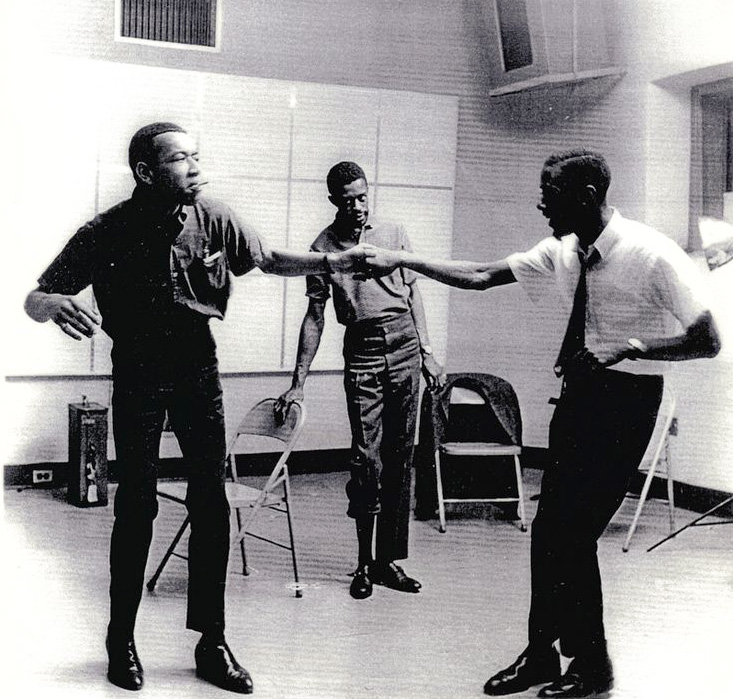
“What I’ve learned about teaching art school students through experiences like studio critiques is the importance of tapping into their enthusiasm for making things,” Rustin says. “The challenge is to build their research skills as liberal arts scholars while maximizing their talents as makers.”
She’s looking forward to teaching a spring seminar called Critical Race Theory: Law, Culture, History that will explore racial dynamics and their impact on such social constructs as education, voting and the criminal justice system. The class engages students in contemporary political questions and gives them the language for thinking about and discussing their ideas.
“The challenge is to build their research skills as liberal arts scholars while maximizing their talents as makers.”
“RISD students are very interested in questions of class and how it shapes their experiences within the college,” Rustin notes. “They’re already developing language about sexuality, identity and race, but since class is also on their radar, I’m trying to give them the tools they need to address it.”
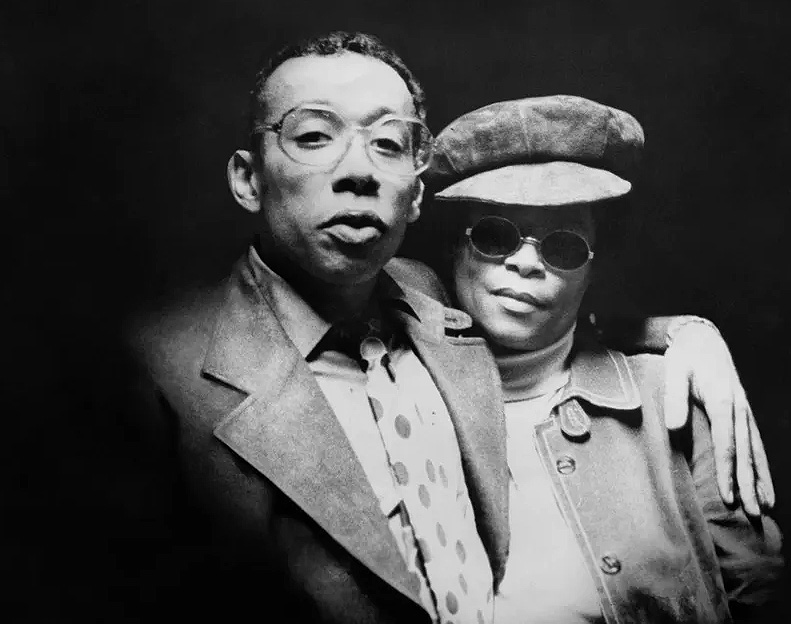
Rustin energizes her classes by incorporating distinctive topics that drive her own research projects, such as jazz and gender. She published a monograph on the subject: The Kind of Man I Am: Jazzmasculinity and the World of Charles Mingus Jr. (Wesleyan University Press, 2017) and co-edited a collection of essays with Sherrie Tucker called Big Ears: Listening for Gender in Jazz Studies (Duke University Press, 2008).
The Mingus book illuminates the late musician’s experience of masculinity within the jazz world, but it also discusses the contributions of his second wife, Celia Mingus, who operated an independent record label alongside jazz drummer and composer Max Roach in the 1950s. “Her investment in jazz as a non-musician created space for many musicians to be recorded,” says Rustin.
“My goal is to expand the ways that we think about Black women’s participation in jazz.”
She is currently expanding on the research via a series of interviews with Black women DJs—who serve as jazz curators in a sense—working at a Newark, NJ radio station. “My goal is to expand the ways that we think about Black women’s participation in jazz by showing how these DJs help to shape the jazz experience,” she says.
Rustin is inspired by her new home base in the Center for SEI and is getting a lot out of its programming, including the Decolonial Teaching in Action seminar she completed last year. “It’s a great place to cultivate one’s skills and think broadly about questions of diversity, equity and teaching,” she explains, “to connect with other faculty members and learn how to make the classroom a space where all kinds of students feel seen and able to contribute.”
—Simone Solondz
November 15, 2022
